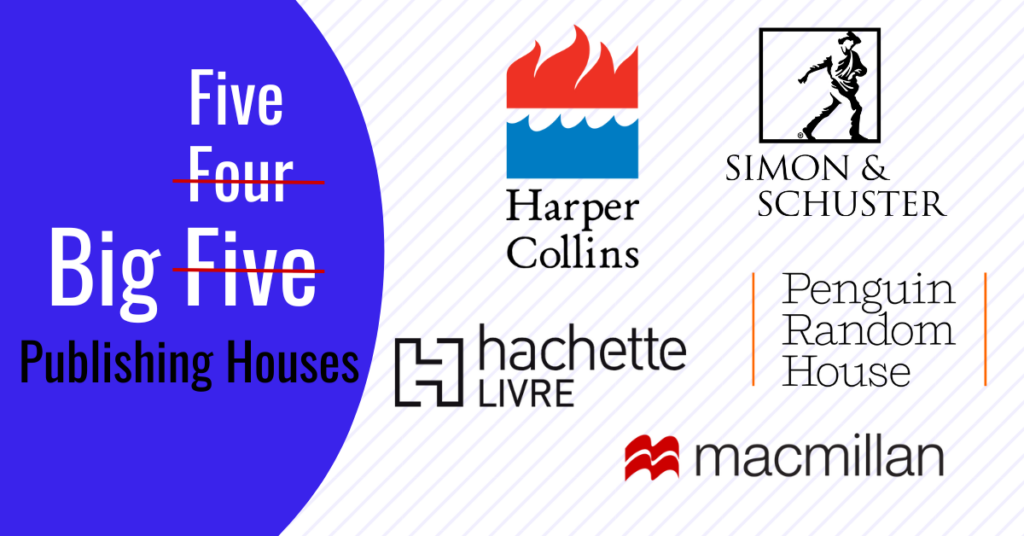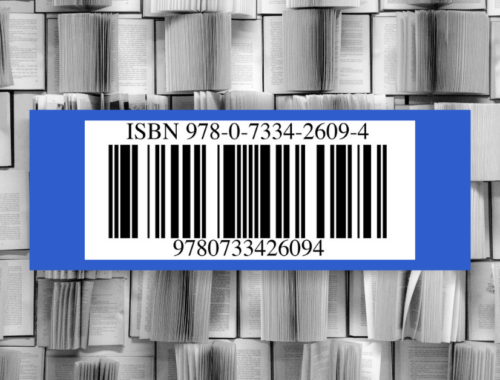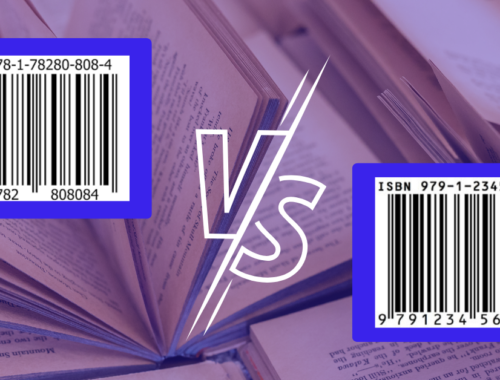US Government Pulled the Plug on Big Five Merger
Penguin Random House and Simon & Schuster were about to shrink the “Big Five” of publishing to the “Big Four”. However, the US Department of Justice had an objection to those plans. As is sometimes the way with government agencies, the objection turned into the merger being blocked.
- Why Was the Merger Prohibited?
- Can a New Player Take the Place of Any of the Publishing Industry Giants in the Big Five?
- Was Anyone Happy with the Decision?
- Will There Be More Attempts to Transform the Big Five Into the Big Four?
- Will the Court Decision Have Far-Reaching Consequences for the Publishing Industry?
Why Was the Merger Prohibited?
The Department of Justice argued that the new business’ market share would be so huge that it would effectively become a monopsony (when there’s one major buyer for a particular product or service and multiple sellers). This, according to the DOJ, would allow buying books from authors with much less competition and would decrease the authors’ income.
Personally, I’d block the merger for a much simpler reason – the new publishing behemoth most likely would be called Penguin Random House Simon & Schuster, which is unpronounceable.
Can a New Player Take the Place of Any of the Publishing Industry Giants in the Big Five?
The Big Five Publishing Houses share of the US book trade market is about 80 percent. They possess such a huge amount of resources that it makes them extremely hard to compete with.
However, according to Jonathan Karp, CEO of Simon & Schuster, it’s not that difficult. All it takes to rival the likes of Penguin Random House “is a publisher with a vision and a couple of good editors”, he said during his testimony. The DOJ attorney John Read contradicted him with the fact that new publishers haven’t entered the Big Five for over 30 years.
Penguin Random House attorneys argued that the merger would make the industry more competitive and that the government failed to understand “the most basic elements of the book rights market”, Nevertheless, the judge seemed not impressed and decided to block the merger.
Was Anyone Happy with the Decision?
At least one person was. Some freelance writer called Stephen King tweeted, “I am delighted that Judge Florence Pan has blocked the merger of Penguin Random House and Simon & Schuster. The proposed merger was never about readers and writers; it was about preserving (and growing) PRH’s market share. In other words: $$$.”
Presumably, the lawyers wouldn’t complain either – reportedly, Penguin Random House had spent $50 million on the merger defense in court.
Will There Be More Attempts to Transform the Big Five Into the Big Four?
Most likely, yes. Brian Murray, CEO and President of HarperCollins, said: “I think of it as, the door isn’t closed, to either HarperCollins or Hachette or another big publisher. I think it definitely closed a little; it’s not as wide open as it was before. There’s a line at the end of the decision that it’s likely another publisher comes to buy it.”
Will the Court Decision Have Far-Reaching Consequences for the Publishing Industry?
Odds are, not just the publishing industry. According to some antitrust experts, this trial might be a sort of test, and monopsonies in other industries like Big Tech could get much more government attention than before.






